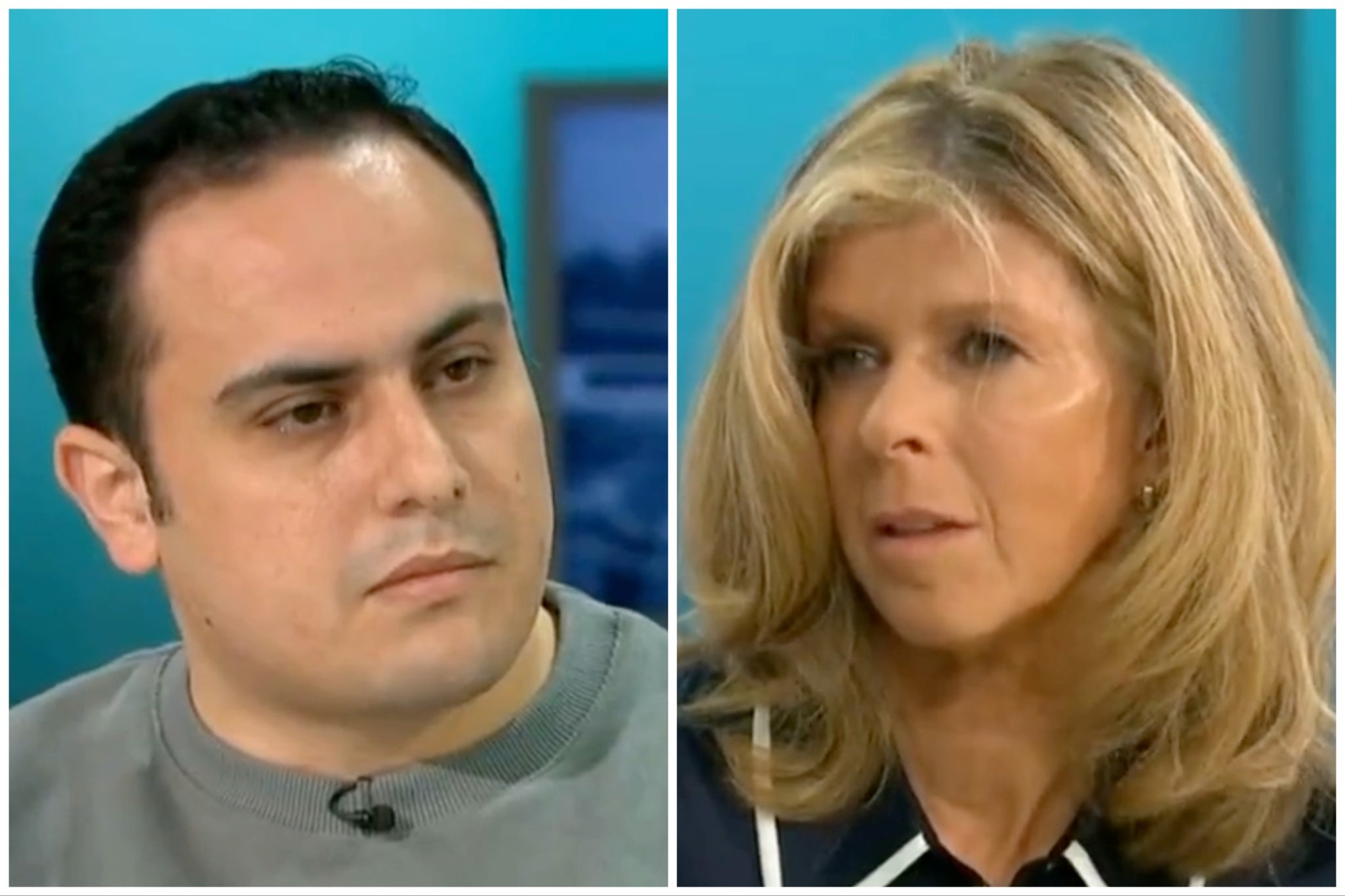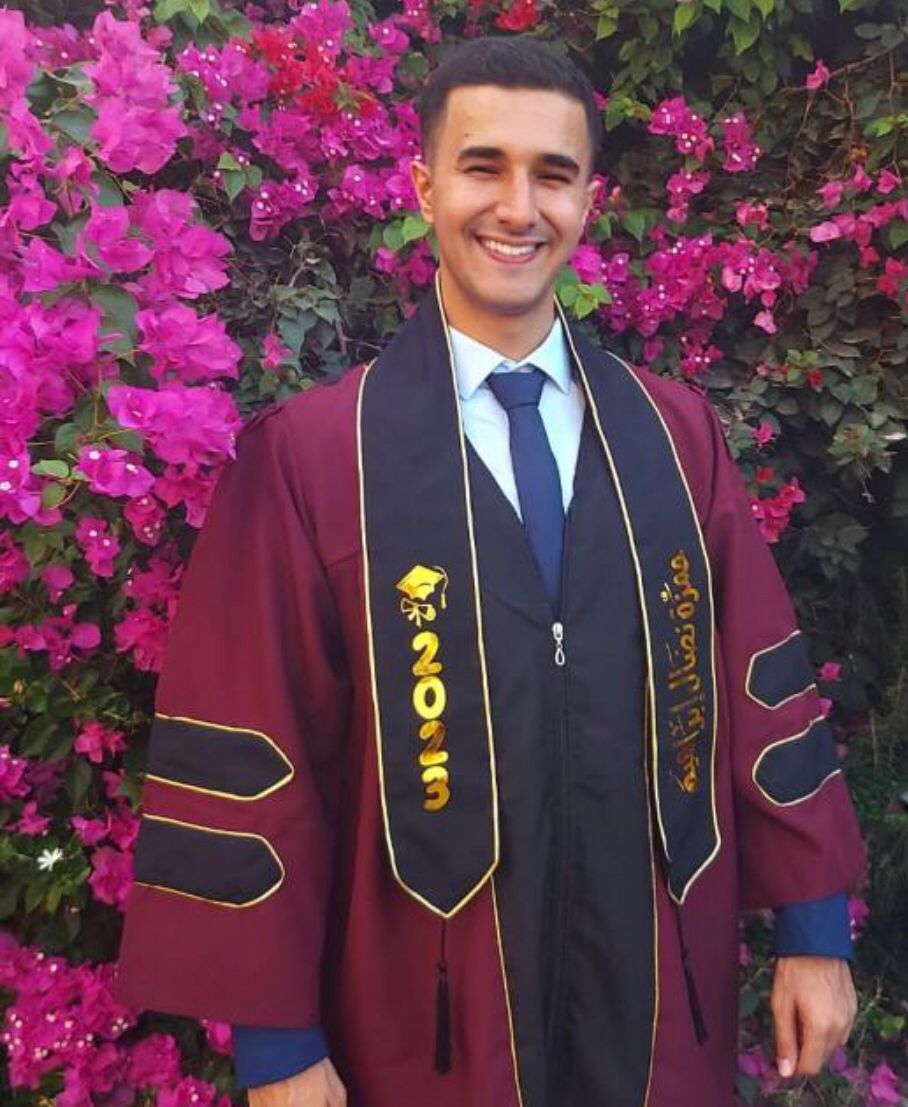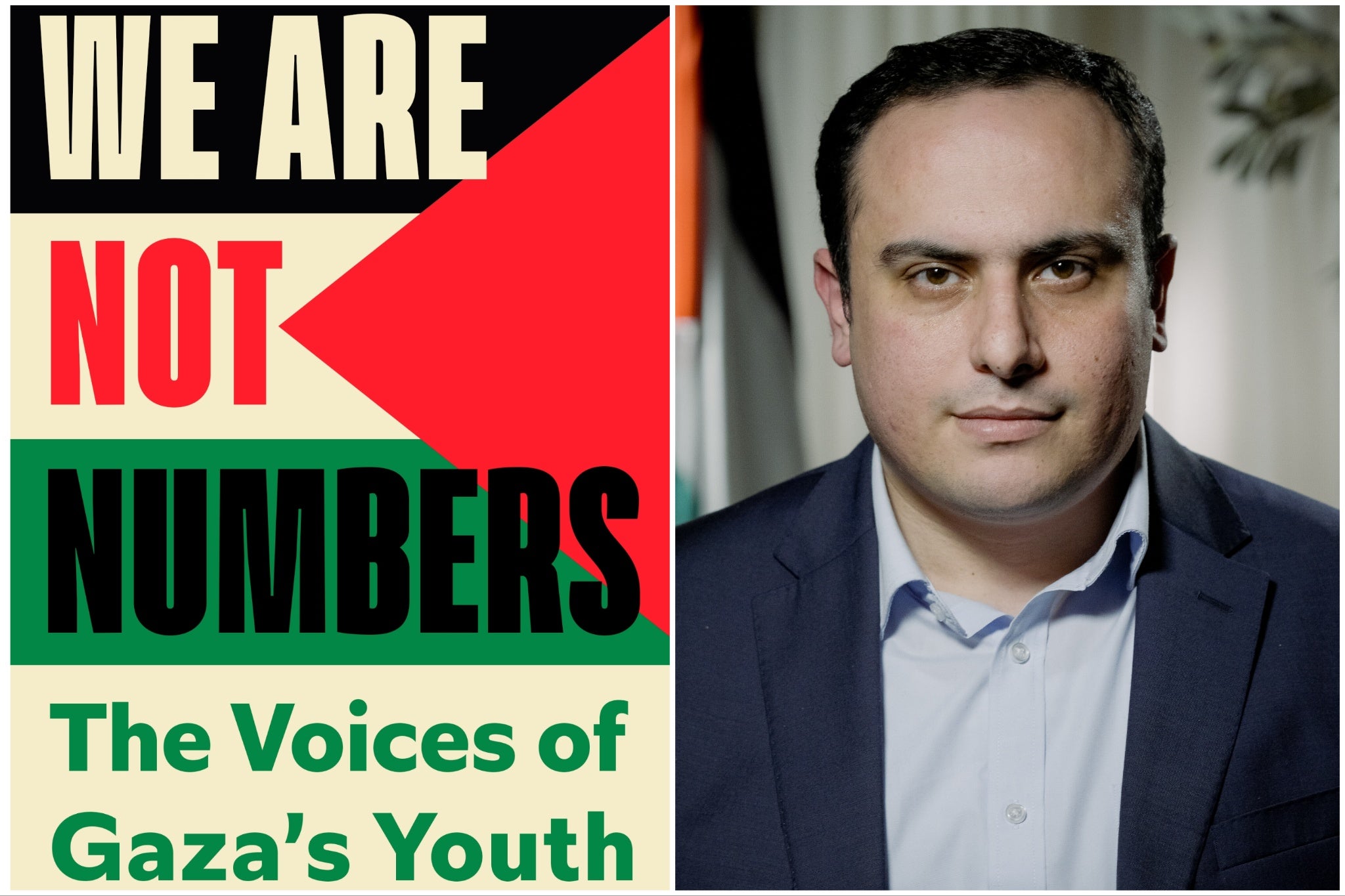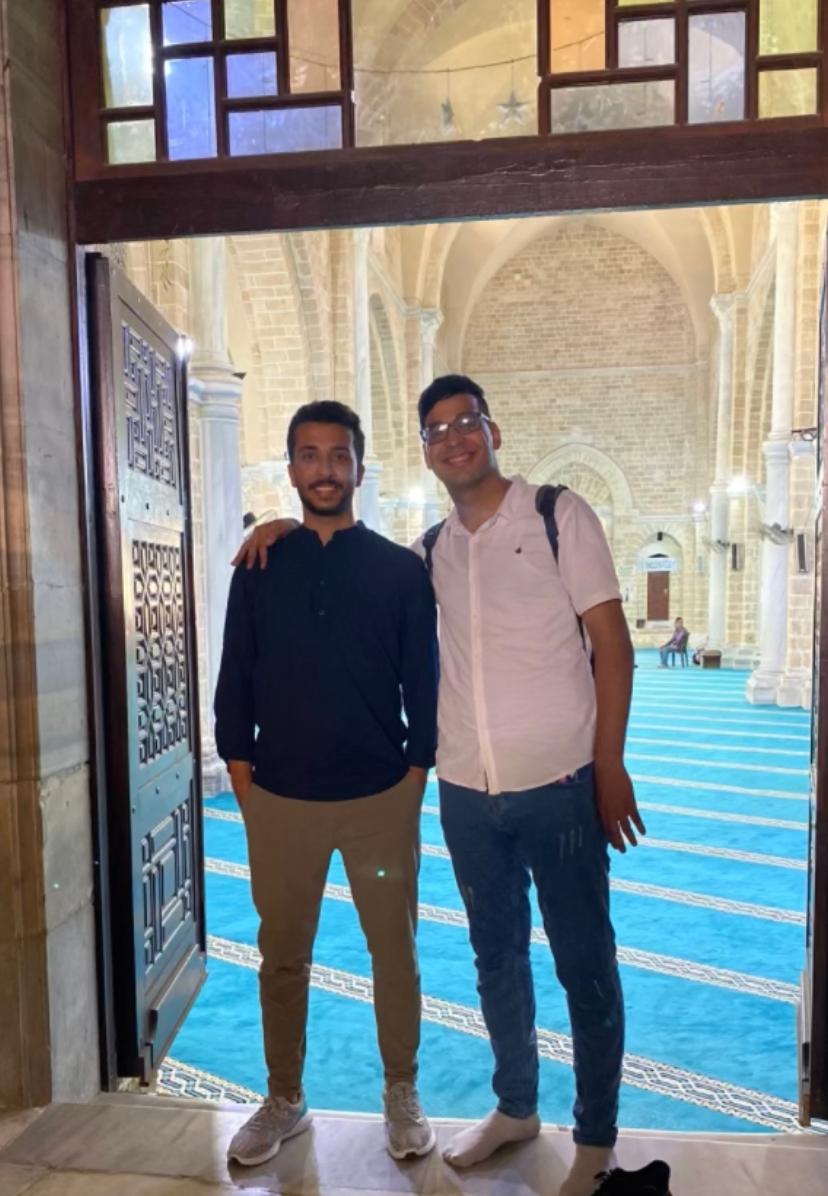Ahmed Alnaouq was 19 when his brother Ayman was killed in an Israeli airstrike in 2014. The death of his loved one left him struggling with depression and spending days mourning the loss at his grave.
According to the UN, over 2,251 Palestinians were killed that year, 70 per cent of whom were civilians. Alnaouq’s brother may have been one of the 2,251 casualties – but he was more than just a number.
It was Alnaouq’s friend Pam Bailey who suggested he write down Ayman’s story in an attempt to come to terms. The “therapeutic” process of writing about his life led to the creation of We Are Not Numbers, a youth-led initiative collating stories from hundreds of Palestinians.
The collection documents their lives under occupation and tells the story of real people among the fatalities. Fifty-nine young Palestinians have now contributed their stories for a new book by the same name, We Are Not Numbers.
“Behind the statistics and the numbers that you often see in the news, there are stories of people, humans, children, mothers, fathers, brothers and sisters who need to be told,” Alnaouq told The Independent.
It’s a project that is more important than ever, with over 51, 305 people killed since 7 October 2023. Alnaouq tragically lost a further 21 immediate family members in a single strike on their home while they slept in December 2023.
“The only reason I am alive is that I am in London because, if I were in Gaza, I would have been killed with my family because my flat was in the same building,” he told The Independent.
The victims included his mother, father, brothers, sisters, and 14 of his nieces and nephews – all children aged between two and 13. Since then, he has lost countless others, including cousins, aunts, and uncles. “I really fear to sit down and count them. I don’t want to do that,” he says.

Thousands more Palestinians are reported to be under the rubble. Among those trapped under the remnants of homes, schools and hospitals, was Dr Refaat Alareer, the group’s co-founder and beloved mentor who was killed by an Israeli strike in December 2023. “He was very special to us,” says Alnaouq. “Without him, we wouldn’t have done all of this work.”
The poet and lecturer, known for advising his students to never “romanticise” their suffering, was buried hastily in an unmarked grave before his body was found by a friend in February this year and laid to rest.
“It’s really shameful that everything we hear about Gaza in the news is the numbers of people who are killed 50,000, 70,000, 40,000 and the numbers are contested and no one is sure what is the accurate number of people who were killed. But we are more than that and we want to remind the world that we are way more than that.”

Alnaouq is also battling Israeli establishment rhetoric, some of which has likened Palestinians to “human animals”, claims that have landed them at the International Court of Justice accused of genocide.
“We are humans who deserve to have their stories told and immortalised by writing about them, and this is what we do,” he says.
In 2023, Alnaouq, who completed a masters in journalism in the UK and studied media bias against Palestinians, went viral for an interview with Kate Garraway on Good Morning Britain. Viewers accused Garraway of being “insensitive” and “gaslighting” Alnaouq, days after he’d lost all of his family.
“The way she [Garraway] spoke to me was not surprising,” he says. “But then again, it was somehow surprising because when she interviewed me, it was only a few days after Israel killed all my family and I was in a horrible, horrible phase. I was destroyed mentally. And I had the right to speak my mind without being attacked.”
He said the exchange is an example of why Palestinians need groups like We Are Not Numbers, because “we are sick and tired of the treatment we receive in the mainstream media”. He adds: “Now we’re creating our own platforms, and it’s up to the audience to decide.” He has since set up the podcast Palestine Deep Dive to counter mainstream narratives.
All of the book’s featured writers have lost their homes and family members in the war. A handful have been able to leave the strip, but most of the young people are still there.
“Our writers have lost their laptops. They don’t have electricity or internet,” says Alnaouq. “They would write their stories on their mobile phones, and they would wait for days to have the chance to get an internet connection to send the stories to us so that we can publish them.
“They’re very, very committed to writing their personal stories to share with the world.”

They include Hamza Ibrahim, who spoke to The Independent last year. An aspiring writer, and recently qualified teacher, Ibrahim, 22, told of his struggles to dig through the rubble for friends and neighbours, and spoke about the loss of his friend Mohammed Hamo, who is also included in the book’s dedications.
The book is also dedicated to Alareer and to four young contributors who were killed in the bombings over the last 18 months: Yousef Dawas, Alnaouq’s younger brother Mahmoud Alnaouq, Huda Alsoso, and Hamo.
“They’re not numbers. They’re not statistics,” he says. “We are beyond that. We’re more than that, and we deserve media coverage and we deserve our books and our stories to be heard by everyone in the world.”
Although Alnaouq believes that “the Palestinian people are resilient, powerful, and steadfast”, he says their suffering is “beyond human tolerance”.

Alnaouq said of the bombings, which are continuing after a temporary ceasefire: “People are sick, they’re tired. They’re starving. They need to breathe. They need freedom. They need to stop feeling fear day and night.
“They need to stop feeling that at any moment they could be shredded into body parts and pieces”.
He continues: “One of the writers is my younger brother Mahmoud, and Mahmoud was only 25 years old when he was killed. He was working at a human rights organisation. He’d just won a scholarship to do his master’s degree in international relations in Australia, and he was supposed to travel just a few months after he was killed, and he lost this opportunity.

“He was lively. He was nice. He was lovely, but he did not deserve to die. And all of the rest of my family, 14 kids were killed in my home. Fourteen little kids aged from 2 to 13 years old, all of these did not deserve to die in this barbaric way.
“They deserved to live. They had dreams. They had a future ahead of them. They were smart. They were lovely and did not deserve to die. All of these people, they have stories, they have names, and they need to be remembered. They must not be forgotten.”
We Are Not Numbers is out now.

